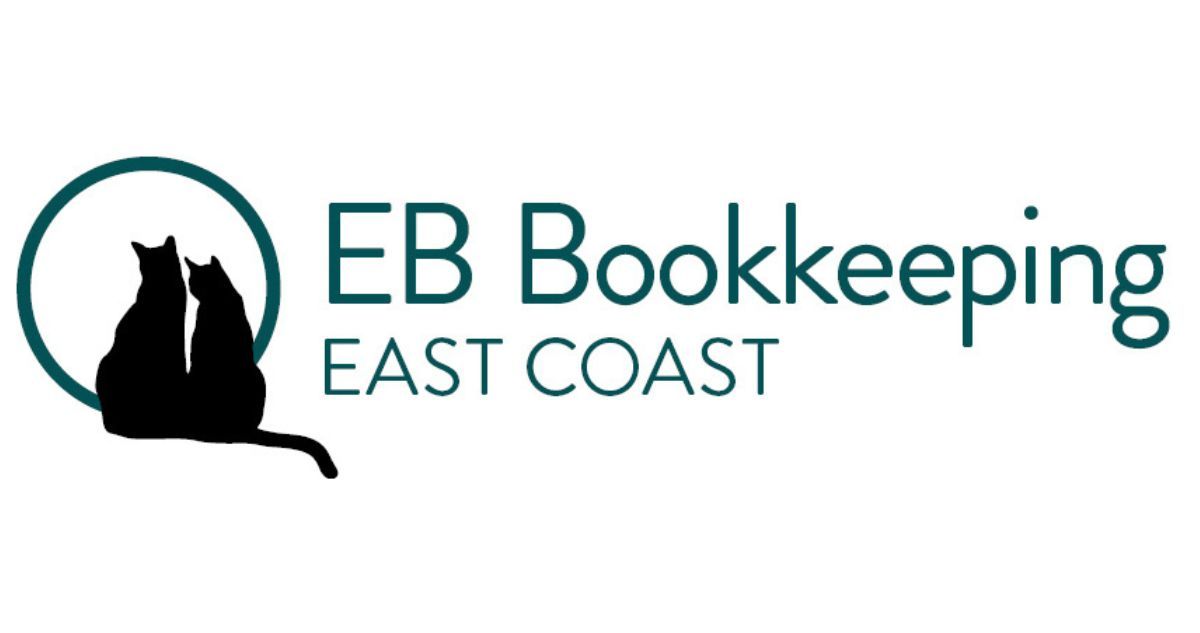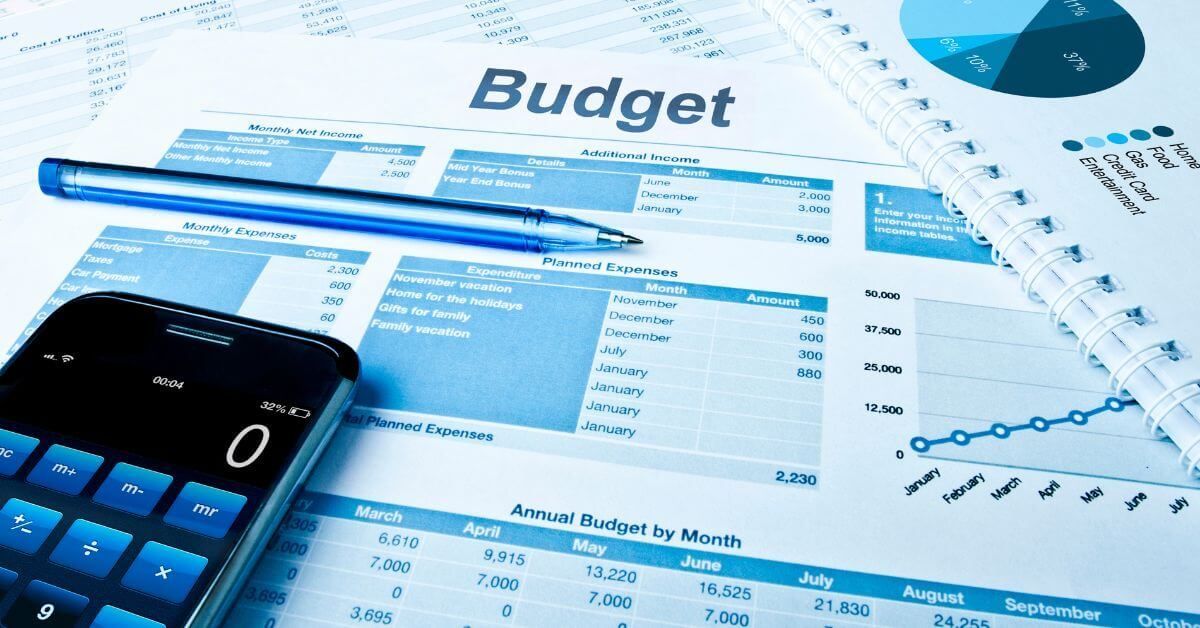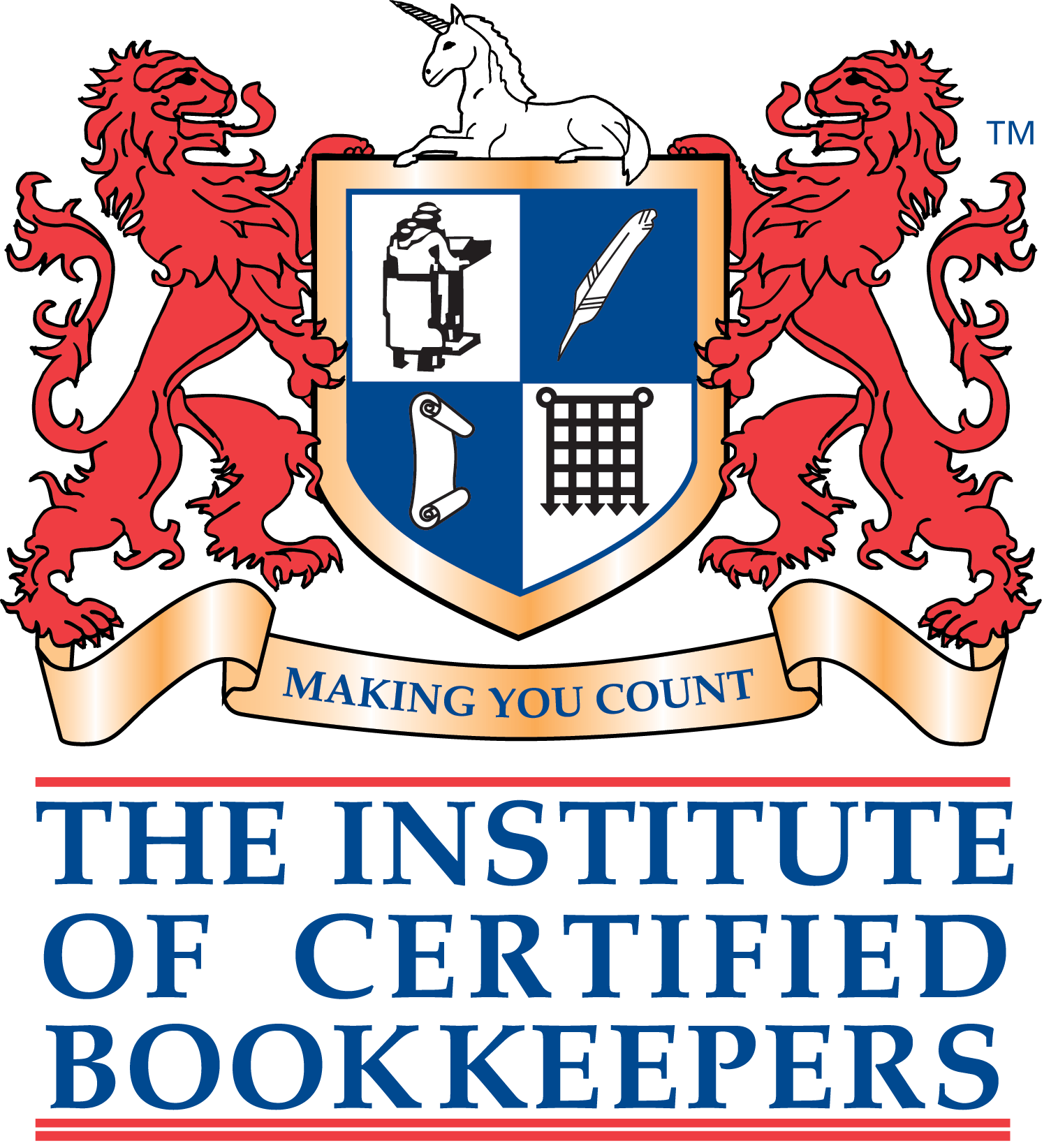Top Bookkeeping Tips for Reducing Tax Time Stress
Proactive strategies to keep your books in order so tax season isn’t overwhelming

No small business owner looks forward to tax season. Even the most dedicated entrepreneur can feel a knot of tension at the thought of lodging their returns. But what if there was a way to minimise that stress altogether? By taking a proactive approach to bookkeeping, you can transform tax season from a dreaded task into a seamless process. This blog provides practical tips for keeping your financials in check year-round, ensuring you’re fully prepared when tax time arrives.
Why Being Proactive Matters
Imagine heading into tax season confident that you’ve tracked every expense, categorised each transaction, and stashed away the right amount of money to cover your obligations. Taking a proactive approach to bookkeeping:
- Reduces Last-Minute Panic: Scrambling for receipts or missing paperwork is stressful and can lead to errors.
- Helps You Catch Issues Early: Regularly reviewing your accounts allows you to spot (and fix) anomalies before they evolve into major headaches.
- Ensures Better Cash Flow Management: Keeping an eye on income and outgoings makes it easier to plan, budget, and avoid nasty surprises.
- Improves Tax Deductions: When your records are accurate, you’re less likely to overlook claimable expenses.
Whether you handle bookkeeping yourself or outsource to a professional like EB Bookkeeping East Coast, these tips will lighten your load and help you get ahead of the game.
1. Keep Personal and Business Finances Separate
The number one rule of stress-free bookkeeping? Never mix personal and business finances.
- Set Up a Dedicated Business Bank Account: All income and expenses should flow through this account. Mixing them up not only complicates end-of-year reconciliations but also risks lost deductions.
- Use Separate Credit Cards: If you often make business purchases on a personal card, you might miss them when tax time rolls around.
- Maintain Clear Records: If you ever need proof that certain expenses are genuinely business-related, having separate accounts minimises confusion and potential disputes.
Separating accounts might sound obvious, but you’d be surprised how often small business owners blur the lines, especially when they first start out. A little discipline goes a long way in saving time—and sanity—later on.
2. Embrace Software and Automations
Using a cloud-based accounting platform such as Xero, QuickBooks, or MYOB can drastically reduce manual workloads. Here’s how software helps:
- Live Bank Feeds: Most platforms link directly to your bank, automatically importing transactions. This feature makes reconciliations simpler and faster.
- Recurring Transactions: Many bills—like rent, utilities, or subscription services—are predictable. Schedule them as recurring entries so you never forget to record them.
- Automatic Expense Categorisation: Modern software can “learn” how you classify certain expenses. The more you use it, the smarter and quicker it becomes.
Tools like Hubdoc or Dext (Receipt Bank) take it a step further by scanning and categorising receipts, so you don’t have to worry about sorting paper copies or losing digital files in a crowded inbox. Automation is your ally in minimising data entry errors and ensuring every single purchase is accounted for.
3. Stay on Top of Reconciliations
Regular reconciliations are a crucial part of tax preparation. If you let bank statements build up for months, you’ll face a massive job later. Instead, carve out short but regular blocks of time to keep your books current:
- Weekly or Fortnightly Check-Ins: Use these sessions to match each transaction in your software to your bank statements.
- Spot Discrepancies Quickly: If you notice an unexpected transaction, investigate before it slips your mind.
- Update Categories: Review any transactions you’ve left “Uncategorised” or “Ask My Accountant.” The sooner you decide how to classify them, the better your reporting accuracy.
This ongoing approach makes the end-of-financial-year (EOFY) process substantially smoother. You’ll already know everything is in the right place, so there’s no frantic scurry for missing invoices or receipts.
4. Organise Your Receipts and Invoices
Missing paperwork is a major contributor to tax time panic. An expense you can’t prove might be an expense you can’t claim. Fortunately, you can avoid this problem with simple systems:
- Digital Receipt Management: Snap photos of paper receipts and store them in a cloud app. Forward e-receipts to a dedicated email folder, or sync them automatically to your accounting software with a platform like Hubdoc.
- Consistent Labelling: Use clear naming conventions if you save documents on your computer or in the cloud (e.g. “2025-05-OfficeSupplies-123.45.pdf”). This approach makes them easier to retrieve in a hurry.
- Keep Hard Copies Only If Necessary: Many tax offices, including the Australian Taxation Office (ATO), accept digital records. Check local guidelines to confirm it’s acceptable to ditch physical paperwork altogether.
The key is to develop a habit of dealing with receipts and invoices straight away. Don’t let them collect dust on your desk or in your email inbox—file them digitally and move on.
5. Prepare for GST, BAS, and PAYG Obligations (Australia-Specific)
For Australian small businesses, staying on top of GST and BAS lodgements is one of the best ways to minimise tax-related stress:
- Check GST Registration Thresholds: If your annual turnover exceeds AUD 75,000, you must register for GST. Failing to do so can lead to backdated tax bills.
- BAS Lodgement Schedule: Note your quarterly or monthly lodgement dates in your calendar. When you reconcile transactions often, creating your BAS statement becomes a straightforward task.
- PAYG Withholding: If you have employees, ensure you’re withholding the correct amount of tax and meeting Single Touch Payroll obligations. Late or incorrect submissions may incur penalties.
A registered BAS agent, such as EB Bookkeeping East Coast, can handle lodgements on your behalf. Outsourcing ensures accuracy, timeliness, and—best of all—significantly reduced tax-time anxiety.
6. Monitor Cash Flow Year-Round
Tax time isn’t just about compliance; it’s also an excellent period to review the financial health of your operation. By keeping an eye on your cash flow, you’ll spot:
- Seasonal Fluctuations: If your income dips during certain months, you can plan accordingly—ensuring you have enough saved for inevitable expenses like tax bills.
- Late-Paying Clients: Stay proactive about sending reminders or employing payment tools that automate follow-ups. Healthy cash flow depends on consistent inflows.
- Unnecessary Expenses: Regular check-ups reveal recurring costs that may no longer provide value, giving you a chance to eliminate them before they weigh down profits.
Healthy cash flow management equates to more predictability and less panic when tax liabilities are due.
7. Don’t Forget Superannuation (If Applicable)
If you employ staff (or even if you’re paying super on your own behalf), it’s crucial not to overlook superannuation obligations:
- Set Up Reminders: Super is usually due quarterly in Australia, and lateness can lead to significant penalties.
- Calculate Correct Rates: Make sure you’re using the right percentage. Check for updates to superannuation rates each year.
- Include in Budget: Treat super as a non-negotiable part of payroll, so you’re not caught off guard when each due date rolls around.
Late super payments not only risk fines but can also lead to reputational damage among employees. Getting it right each quarter saves you plenty of stress at tax time and beyond.
8. Get Professional Guidance When Needed
Even the most disciplined small business owners can find tax legislation and bookkeeping best practices confusing. That’s where a professional bookkeeper can be invaluable:
- Registered BAS Agents: In Australia, a registered BAS agent is authorised to advise on GST, BAS, and other compliance matters.
- Software Training: A bookkeeper can train you to fully exploit your chosen platform’s features, meaning you’ll spend less time wrestling with data entry.
- Tailored Services: Professionals like EB Bookkeeping East Coast customise their solutions. Whether you need hands-on assistance every month or quarterly reviews, the choice is yours.
When you consider the time saved, errors avoided, and penalties prevented, investing in expert help more than pays for itself.
9. Schedule a Mid-Year Review
Don’t wait until the end of the financial year to evaluate how well your bookkeeping systems are running. A mid-year review is a chance to:
- Compare Budget vs. Actuals: Check if you’re spending more than anticipated and revise where necessary.
- Forecast Taxes: Estimate how much you’ll owe and start putting money aside in a dedicated account.
- Make Adjustments: Are certain expense categories consistently off? Has your product or service range changed? Update your chart of accounts and internal processes accordingly.
Doing this mid-year means you have enough time to correct any anomalies, capitalise on potential savings, and smooth out processes well before the crucial tax deadline hits.
10. Plan (and Save) for Tax Liabilities
Finally, even meticulous bookkeeping won’t help if you don’t have enough funds set aside to pay your tax bill. Consider the following:
- Tax Savings Account: Transfer a percentage of each sale into a separate account earmarked for taxes. This reduces the temptation to dip into reserves for other purposes.
- Pay Instalments: If your turnover is high enough, you may be required to pay tax instalments to the ATO, known as PAYG instalments. Stay on top of these to avoid lump-sum shocks.
- Stay Informed: Rules and thresholds can change, so keep an ear to the ground—or consult your bookkeeper—to stay current.
A bit of forward planning can make a world of difference when the ATO or your local tax authority comes knocking.
Book Your FREE 30-Minute Discovery Call
Ready to ditch the stress at tax time and enjoy a clear, organised approach to bookkeeping? We’d love to help. Call EB Bookkeeping East Coast on 0412 776 932 or CLICK HERE to schedule your FREE 30-minute discovery call. You’ll learn exactly how we can streamline your accounts, keep you compliant, and reclaim hours of your week.
Final Thoughts
Reducing tax-time stress isn’t about one big overhaul in the final weeks before your return is due. It’s about consistent, small steps that keep your records accurate and reveal meaningful insights into your business. By embracing smart software tools, scheduling regular reconciliations, and seeking professional guidance when necessary, you’ll enter tax season feeling prepared and in control.
Remember: the more proactive you are with your bookkeeping, the more time, money, and energy you’ll save—allowing you to focus on the real reason you went into business in the first place. If you need help getting there, EB Bookkeeping East Coast is only a call or click away. Don’t let poor organisation hold you back—take charge of your books now, and let’s make your next tax season the smoothest one yet!












